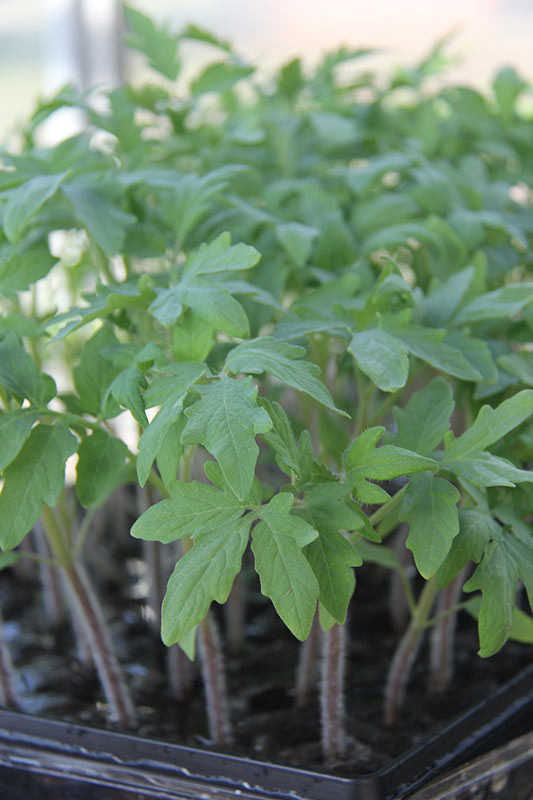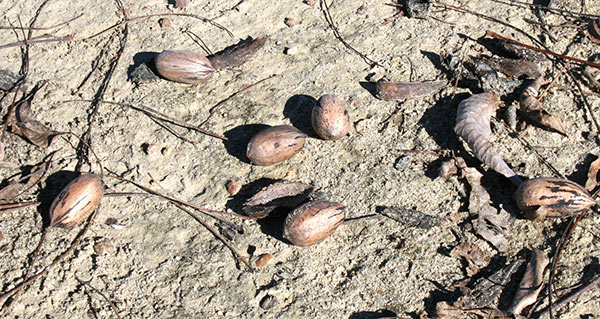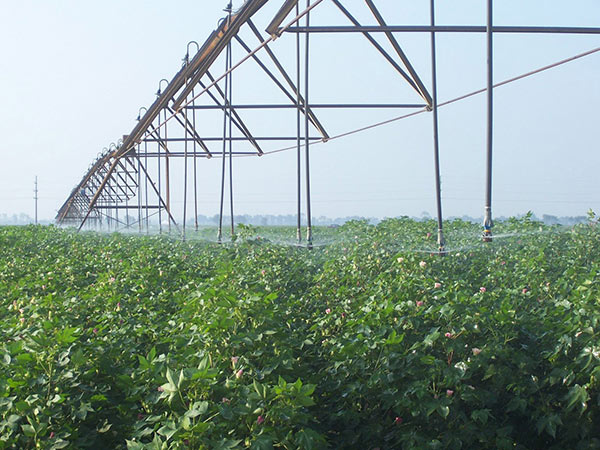

Home gardeners often call their University of Georgia Extension office to ask which herbicides can safely be used in the garden. For all practical purposes, no herbicides can totally replace the trusty garden hoe and mulch.
There are a few products available for garden use, but under heavy weed pressure, they will not provide season-long control. Herbicides are normally formulated for use on a specific crop, and therefore, are not labeled for use where several different crops are grown together.
Gardeners who are tired of using a hoe to control weeds may want to try mulching.
A good mulch material applied to weed-free soil will help to control weeds and conserve moisture. Organic mulches include straw, grass clippings, wood chips, shavings, sawdust and spoiled hay. These mulches should be spread 3 to 4 inches deep around plants and between rows.
Organic mulches usually cool the soil and can cause a delay in the plant’s maturity by a few days. Wait and apply organic mulching after the soil has warmed deeply, but before weeds become established.
Manufactured materials that can be used as mulch include white and black plastics, aluminum foil, heavy craft paper and newspaper. These man-made materials usually cause the soil to warm up quicker and can speed up crop maturity by seven to 10 days.
Organic mulches are usually less expensive than manufactured mulches, and at the end of the season they can be incorporated into the soil as organic matter. Manufactured mulches cost more and must typically be removed at the end of the gardening season. They are much more effective at controlling weeds and grass than organic mulches.
For more on mulching vegetables, see the UGA Extension publication on the topic at extension.uga.edu/publications.
(Frank Watson is the University of Georgia Extension agent in Wilkes County, Ga.)








Be the first to comment